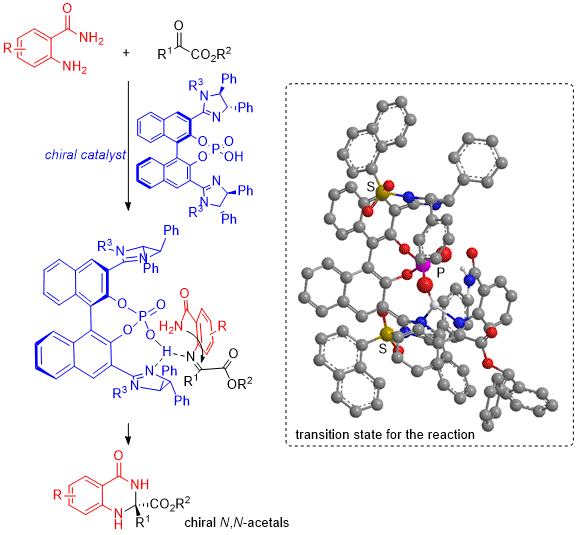Fatin Najwa Azman from the Faculty of Accountancy, Universiti Teknologi MARA (UiTM) has achieved rank one in Malaysia and has ranked nine globally in the recent December 2020 ACCA global examination.
This achievement is based on the score that she obtains for the Audit and Assurance subject. The Association of Chartered Certified Accountants or ACCA is the global professional accounting body offering the Chartered Certified Accountant qualification. Its headquarters are in the UK and it conducts its professional examinations four times a year worldwide including Malaysia. During the December 2020 examination recently, over 2,000 students sat for the exam in Malaysia alone.
What makes Fatin’s achievement all the sweeter is the fact that students generally found the Audit and Assurance exam challenging as evidenced by consistently low global passing rates for this paper.
Her achievement also debunks the perception that Malaysian students generally cannot excel in subjects that are narrative by nature and require a lot of writing in the examination. This perception of the subject has not deterred her, instead has motivated her to devise a strategy on how to pass. She would identify areas that are perceived difficult by asking others who have attempted the subject before, prior to taking this subject
She attributes her success to studying for something that she has a passion for and the drive to do better all the time. As she puts it, “if you have the passion and put your heart in it, you will try your best really to keep going no matter how hard it gets”.
She stands by the maxim of nothing beats hard work, discipline, and time management to pass the ACCA examination. According to her, being always surrounded by smart and inspiring students at UiTM and having inspiring and dedicated lecturers are further encouragement for her to continuously improve.
ACCA was one of the earliest programs offered during the initial establishment of UiTM, back when UiTM was known as Maktab RIDA. UiTM is also the first public university that offers professional qualifications including Chartered Institute of Management Accountants UK (CIMA) and Institute of Chartered and Institute of Chartered Secretaries and Administrators UK (ICSA).
Throughout its establishment, ACCA continues to be offered by UiTM under the Faculty of Accountancy as it sees the need to be pro-active to produce more Bumiputera-professionally qualified accountants in support of the Government’s national agenda. This is to increase the percentage of Bumiputera-professionally qualified accountants’ representation to 25% percent in 2030 from around 8% currently.
Offering ACCA programs at the Faculty of Accountancy also allows for a seamless pipeline to a professional qualification from the internal programs such as Diploma in Accountancy, Diploma in Accounting Information System, and the Bachelor of Accountancy.
UiTM also regards professional accountancy qualifications such as ACCA as a global benchmark of UiTM’s own internal programs particularly concerning the syllabus content and teaching and learning delivery.














